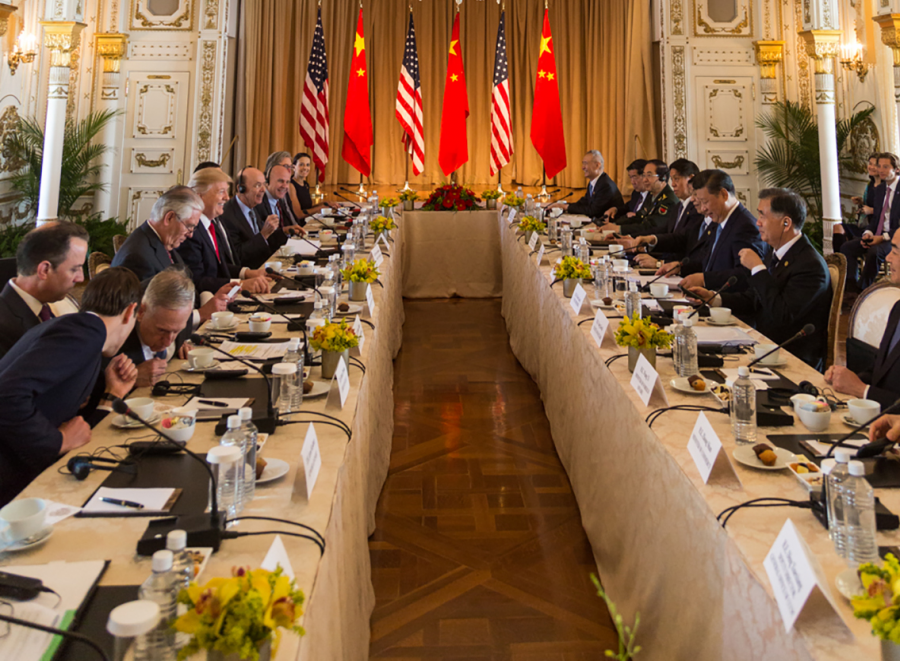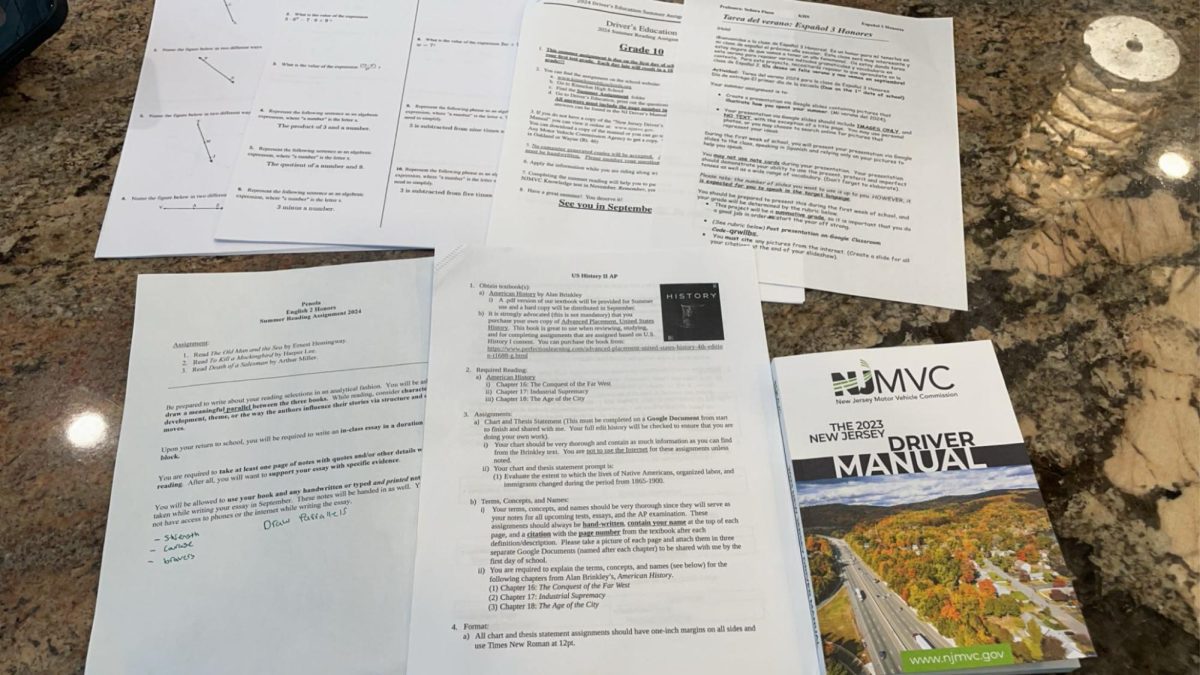The United States and China gear up for a renewal of the trade war previously placed on hold since December. In the face of this resurgence, many fear the implications of a trade war while others applaud President Donald Trump for taking a stand against China’s unfair practices. The question that begs to be asked in this situation is whether there is any way America could get a favorable result in regards to Chinese trade practices. The answer, unfortunately, is likely a no.
Currently, China is taking advantage of the United States of America along with its other trade partners. It is the only economy of its size to blatantly hold no respect for intellectual property laws. Trends such as the Chinese ruling party subsidizing Chinese corporations, jobs being shipped to China, and our increasing trade deficit have helped to stoke sinophobia in the states, and make them an enemy of Trump. It seems clear that action must be taken against China in an effort to stop their predatory trade policies. The reality, however, is that America has little leverage over China, which would prevent a trade war from being successful.
China’s reliance on exports makes its economy especially vulnerable to tariffs. Unfortunately, for every dollar of tariffs heaped upon China, Americans pay the price. While tariffs can convince companies to leave China, this is only after Americans stop purchasing the companies’ products because their prices have been driven so high by the tariffs that they are no longer desirable. On top of this, both nations in trade wars go back and forth, putting economic sanctions on each other. This would prevent the U.S. from easily ‘winning’ this trade war without first outlasting China in a race to the bottom. If it were to come to a scenario where this would be necessary, the U.S. would most likely not be able to actually outlast China. China’s retaliatory tariffs on the U.S. focus heavily on agriculture. Trump has given aid to farmers, and he promises more assistance in, what he claims, is an attempt to help the people negatively impacted by the tariffs. In reality, however, this aid only reaches the top 4 percent of big agribusiness because of their political donations (Inequality.org) and does nothing to help the small farmers and rural Americans struggling to make ends meet due to international trade wars. From those invested in the stock market to those raising crops, taking action against China will hurt most Americans.
China is unlikely to cease its unfair trade practices due to American pressure because this is a matter of national pride for the nation. China also knows that the current U.S. government is more interested in providing corporate welfare for the companies hurt in this conflict than assistance to the Americans who will see their livelihoods hurt, which will push American citizens to grow tired of the trade war, and eventually back out of it. As Trump’s approval rating continues to decrease, a recent Politico poll had his approval rating at 39 percent, a great redeemer of his is the strong economy. That being said, it would be wise of him to try and keep this trade war from escalating and causing the stock market to continue its dive. Chinese practices will not see any genuine change, even though politicians will likely claim victory. However, a thorough analysis of the situation will reveal no improvement in China’s policies, regardless of how China is handled.









